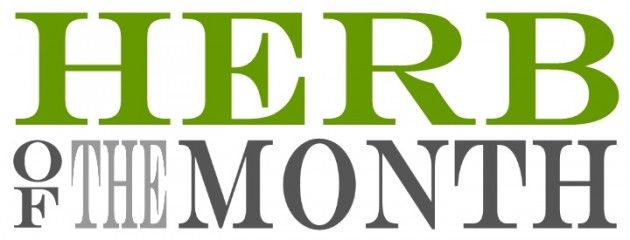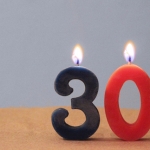Scotch Broom (Cytisus scoparius)
may be useful for atrial fibrillation and edema caused by a cardiac condition


I’m so glad that I photographed Scotch broom last May. I took these photos a year in advance knowing that May through August of this year would be a time starved season. It is! I will be Dr. Archer in 42 days.
Scotch broom’s formal latin name is Cytisus scoparius, and the plant is botanically a legume. It is most widely known as a weed and not a medicinal herb. In the Pacific Northwest, it blooms in May with dandelion colored flowers.
I got all these Scotch broom shots at a local Seattle beach on a sunny spring Saturday morning. The entire family was with me, so we didn’t miss the opportunity to snag some shots of the girls. The Wendy’s Eating Husband got to play photographer while I played hide and seek. In the photo below, I’m ducked behind the log where Selah and Re’uth are sitting, secretly stabilizing Re’uth. At 9 months old, she was a little wobbly on there. Doesn’t all the Scotch broom in the background look like a fake pull down screen?

Herbal Antiarrhythmic Agent
The human heart has a regular rate and rhythm. When this rhythm goes haywire, it’s known as an arrhythmia. The location of the arrhythmia determines its severity. An example of an arrhythmia would be atrial fibrillation, which is one of the most common types of arrhythmias.
Scotch broom is an herbal anti-arrythmic agent, but it is not commonly used. Many naturopathic physicians feel more comfortable with pharmaceutical interventions in this situation. However, Dr. John Sherman, ND, said in The Complete Botanical Prescriber, that “atrial and ventricular fibrillation seem to disappear” with the use of Cytisus scoparius.1 This property is most likely do to a constituent in Scotch broom known as sparteine. This constituent used to be available on the market by itself and was a class 1a antiarrythmic agent. Sparteine was taken off the market by the FDA.
Diuretic
Scotch broom has a diuretic effect on the body, which may make it useful for edema caused by a cardiac condition. In case you don’t know what a diuretic is, it helps to pull water out of the body.

Cautions
- Due to its alkaloid content, Scotch broom is a toxic, low dose herb.
- This herb should only be used under the supervision of a licensed naturopathic physician. It can actually cause arrhythmias if used inappropriately.
- Scotch broom has an oxytocic effect, meaning that it can stimulate strong contractions of the uterus. It should not be used during pregnancy, except for labor induction at full term.
- Avoid the use of Scotch broom if you have atrioventricular block, heart failure, or hypertension.
References:
1. Sherman, J. The Complete Botanical Prescriber. Third Edition, 1993.
2. Yarnell, E. Cytisus scoparius. Monograph. Bastyr University, 2008.
Enjoy More Archerfriendliness
Licorice chew sticks!? I get excited easily. I found them while I was at the herb shop to purchase Wise Woman's Children's Glycerite during our share of the neverending cold. Discovering t...
There are LOTS of things you can do for your sniffly, itchy allergies besides popping a pill-- whether that pill be a supplement or a medication. These "things" are certainly not the easy way out, b...
There's a real part of me that wishes the Wendy's Eating Husband would LOVE to eat archerfriendly all the time. I'm not longing for him to eat exactly like me, but for him to truly desire a health...








Jeramie Joy
May 14th, 2013 at 10:10 am
I love this Jake , I will use this I have heart stuff ok I love The place you You eat at .
Reply
Jeramie Joy
May 14th, 2013 at 10:11 am
I will not use this ,
Reply